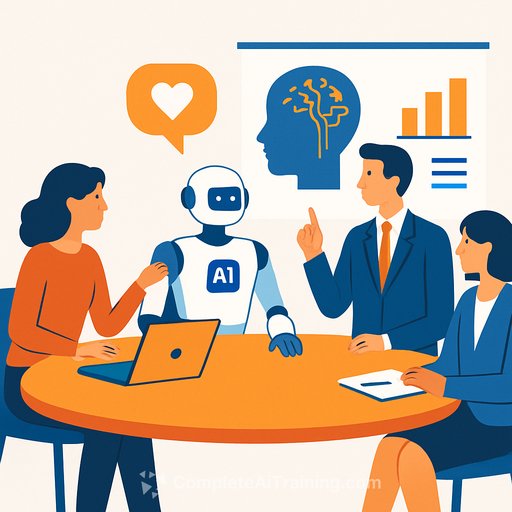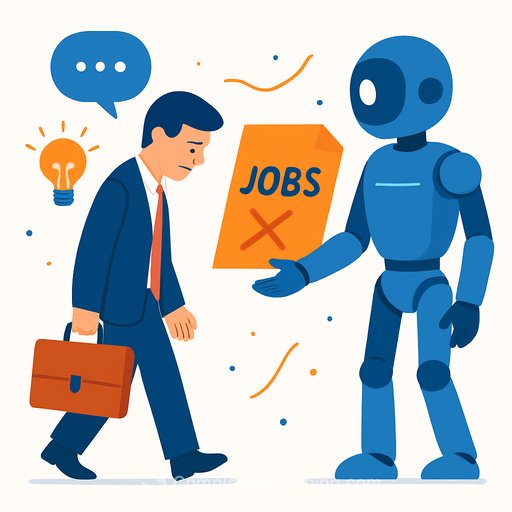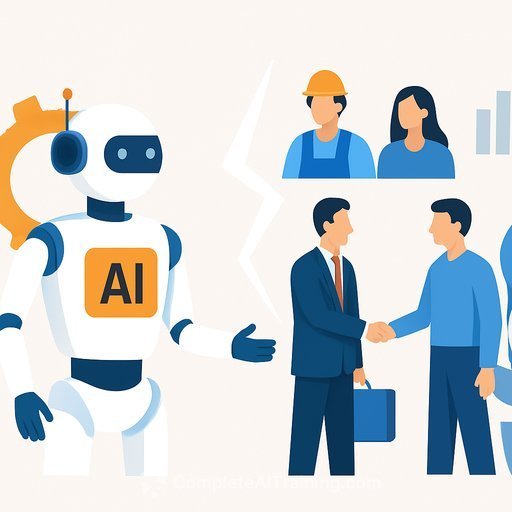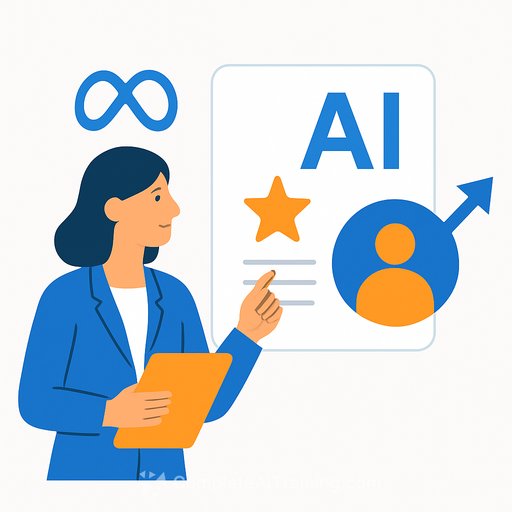Board-Level Oversight: Making AI Accountability Real
Board-Level Oversight represents the highest form of accountability within a Compassionate AI Policy. It places AI governance on the same critical level as financial controls, cybersecurity, and regulatory compliance. As AI increasingly influences key business areas like workforce management, customer interaction, and decision-making, its ethical and human impact demands attention beyond day-to-day operations.
For HR professionals, this means the board must actively engage with AI governance, ensuring policies reflect empathy and respect for people affected by automation.
Setting Up Effective Board Oversight
Organizations should either create a dedicated Board AI & Human Impact Committee or expand an existing ESG, risk, or ethics committee’s responsibilities to include AI oversight. This group ensures AI deployment aligns with company values, protects employees and stakeholders from harm, and meets regulatory and internal standards.
The committee typically meets quarterly and receives direct updates from an AI Ethics Liaison. This liaison consolidates insights from AI impact reviews, incident reports, audits, and workforce feedback. This setup keeps the board informed on both strategic opportunities and emerging risks throughout the year—not just in annual summaries.
Key Responsibilities for the Board
- Review and approve AI systems that significantly affect hiring, pay, surveillance, or customer eligibility.
- Monitor systemic risks from both internal and third-party AI tools, including unresolved biases or policy breaches.
- Assess how effectively the Compassionate AI Policy is upholding commitments to transparency, fairness, and support for workforce transitions.
- Oversee the Annual Compassionate AI Report, with authority to request changes, launch investigations, or delay publication if standards fall short.
- Authorize external AI audits and ensure audit recommendations are promptly and transparently addressed.
Board members should continually update their knowledge on AI capabilities, regulations, and ethical considerations. They need to ask tough questions about automation’s impact on employees, support for vulnerable workers, and whether governance keeps pace with technology adoption.
Authority and Action
Board-level oversight must go beyond formality. The board must have real power to act if AI systems cause harm, if safeguards fail, or if leadership ignores policy. This power includes pausing or canceling AI deployments, reallocating budget to support affected staff, or adjusting executive incentives to prioritize human-centered outcomes.
When the board is fully involved, it sends a clear message: AI responsibility is a leadership priority because people matter.
Why HR Should Care
For HR professionals, board-level AI governance affects workforce policies, employee experience, and ethical standards. Understanding this oversight helps HR advocate for fair AI use and prepare employees for changes driven by automation.
To deepen your knowledge of AI’s impact on the workplace and governance, consider exploring courses on Complete AI Training. Staying informed equips HR teams to engage confidently with leadership and support a responsible AI culture.
Your membership also unlocks:






